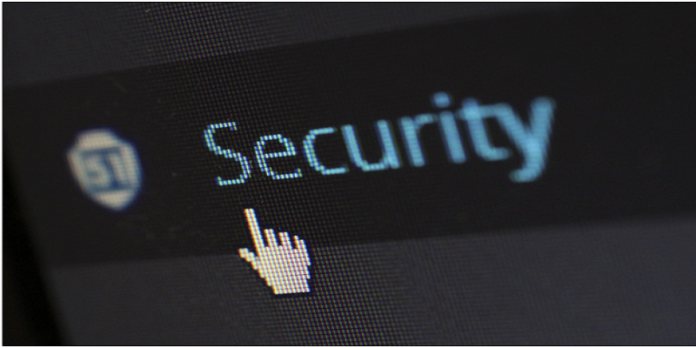Dealing with Bitcoin and other cryptocurrencies can be risky, especially in terms of cybersecurity. In this article, we highlight some primary concerns regarding the ecosystem, and we provide some criteria to look for when you choose a platform for buying, selling, or holding your bitcoins.
Table of Contents
Concerns Regarding Security

Even though Bitcoin itself is indisputably very secure, its underlying ecosystem, unfortunately, is not. Indeed, there have been many hacks in the past, which mostly targeted centralized exchanges. The first significant event that shed light on that problem occurred in 2014 and involvedMt. Gox, a Tokyo-based crypto-exchange. Hackers were able to steal 850,000 BTC, which later forced the company to file for bankruptcy.
According to the ex-owner of Mt. Gox, Mark Karpeles, developers have to find a way to modify the entire security infrastructure. “There is still the risk of the virtual currency being stolen as a PC or hardware wallet may be hacked. In other words, with the current mechanisms and technologies, it is still impossible to eliminate risk. The innovation of cryptographic technology is a must,” he further added.
Note that as long as the regulatory framework remains uncertain, administrators will lack the incentives to make sure they protect their users’ funds against cybercriminals.
Regulators have yet to bring some clarity to the crypto-space, as most countries still have trouble deciding whether they classify Bitcoin as a commodity, a currency, or as something that fits in a brand-new category. Hence, once they draft a proper and enforceable regulatory framework, governments will be able to make sure crypto-exchanges operators procure a safe environment for their users.
Tips for Investors Who Want to Remain Protected
Choose the right platform. Some crypto-exchanges are just more secure than others. Hence, you need to do your due and diligence and choose the best option even before thinking about trading. To do so, you have to look for key features.

First, always make sure that the exchange you are dealing with allows you to enable Two-Factor authentication (2FA). Thanks to this process, not only you will need to enter your password to login into your account, but you will also have to enter a code generated on your mobile device linked to the same account. Most traders work with Google Authenticator as it is very user-friendly. Indeed, enabling 2FA can be very useful to protect yourself from hackers because not only they would need to crack your password, but also gain access to your mobile device to get their hands on your bitcoins.
Second, it is highly recommended to stick to exchanges that implanted an email verification process that triggers when their clients perform unusual or consequential actions. For example, the most secure platforms will send you an email to confirm your identity when you will try to login from a different device or if your IP address changes. Also, the most rigorous organizations will not allow you to withdraw money from your account unless you click on a confirmation link sent to your email address. For instance, Bitvavo, a platform based in Amsterdam, make sure that recordings of Bitvavo to unknown addresses and that changes to settings are always confirmed by email. Although the process might seem painful, it is indubitably useful given that most platforms hold you responsible if hackers go through your personal account to get away with your cryptos.
Thirdly, beware of companies that are working with banks located outside of Western Europe, North America, Australia, Japan, or Singapore. Not only it will make your life easier, but it will also increase your level of protection as an investor because these areas of the world usually enforce tighter regulations to their banking institutions. In other words, avoid anything that would raise a red flag.
Conclusion
Emergent markets usually involve taking more significant risks. Although crypto-proponents claim that Bitcoin is the “bank-killer,” most people still find it more convenient to use traditional financial institutions to manage their investments as they offer more guarantees. When you lose your BTCs, or someone steals your private keys, you cannot call any “Bitcoin company” to bail you out. You are on your own. However, you can take many steps to avoid getting ripped off by cybercriminals, such as meticulously selecting a platform for trading bitcoins. Although you can never completely trust a third party, you can always trust yourself.




